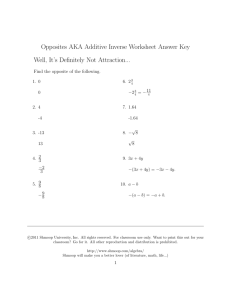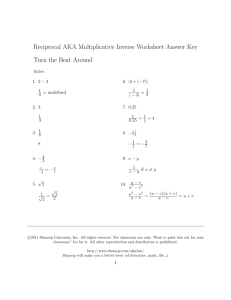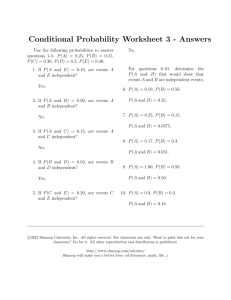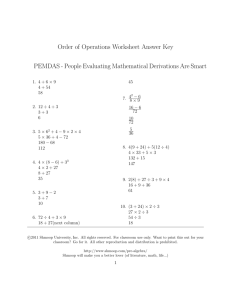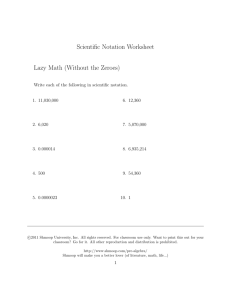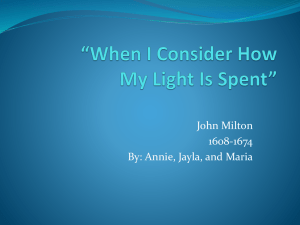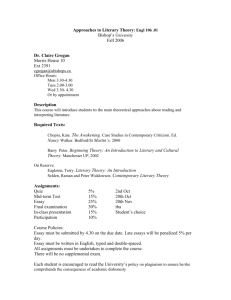The Awakening, by Kate Chopin
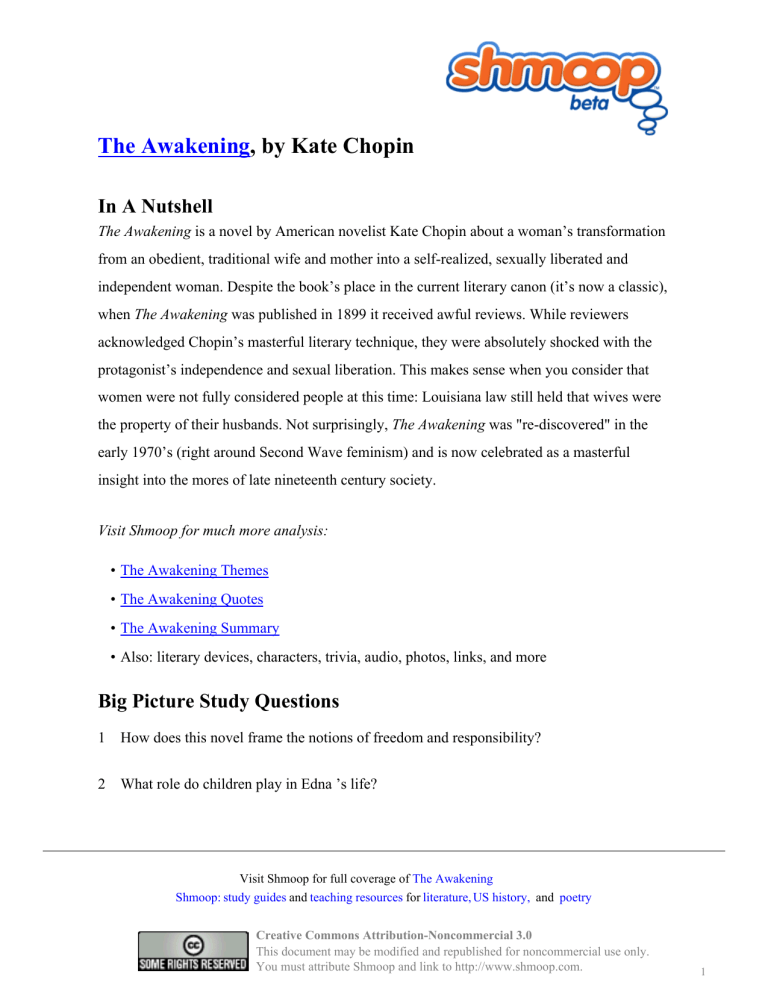
The Awakening , by Kate Chopin
In A Nutshell
The Awakening is a novel by American novelist Kate Chopin about a woman’s transformation from an obedient, traditional wife and mother into a self-realized, sexually liberated and independent woman. Despite the book’s place in the current literary canon (it’s now a classic), when The Awakening was published in 1899 it received awful reviews. While reviewers acknowledged Chopin’s masterful literary technique, they were absolutely shocked with the protagonist’s independence and sexual liberation. This makes sense when you consider that women were not fully considered people at this time: Louisiana law still held that wives were the property of their husbands. Not surprisingly, The Awakening was "re-discovered" in the early 1970’s (right around Second Wave feminism) and is now celebrated as a masterful insight into the mores of late nineteenth century society.
Visit Shmoop for much more analysis:
• The Awakening Themes
• The Awakening Quotes
• The Awakening Summary
• Also: literary devices, characters, trivia, audio, photos, links, and more
Big Picture Study Questions
1 How does this novel frame the notions of freedom and responsibility?
2 What role do children play in Edna ’s life?
Visit Shmoop for full coverage of The Awakening
Shmoop: study guides and teaching resources for literature, US history, and poetry
Creative Commons Attribution-Noncommercial 3.0
This document may be modified and republished for noncommercial use only.
You must attribute Shmoop and link to http://www.shmoop.com.
1
3 Think about the three main women in the novel: Edna, Adele, and Mademoiselle Reisz.
How are they different and how are they alike?
Visit Shmoop for many more The Awakening Study Questions
Visit Shmoop for full coverage of The Awakening
Shmoop: study guides and teaching resources for literature, US history, and poetry
Creative Commons Attribution-Noncommercial 3.0
This document may be modified and republished for noncommercial use only.
You must attribute Shmoop and link to http://www.shmoop.com.
1
